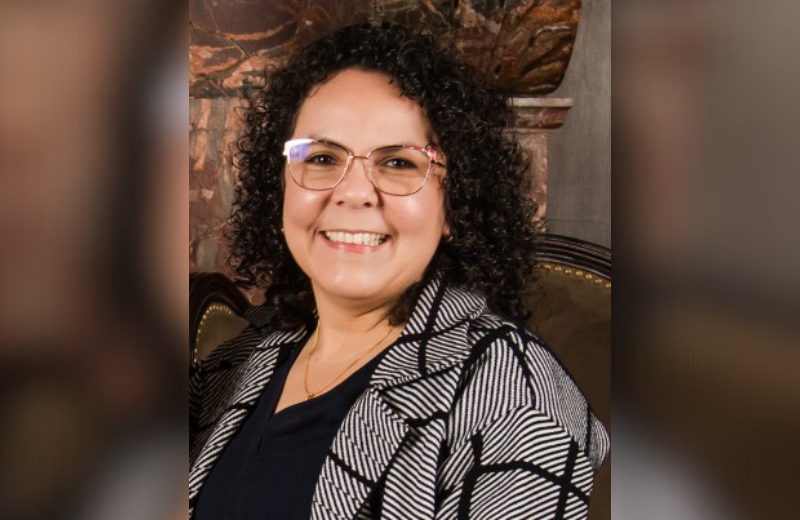This article was developed with the assistance of Chloe Lam and Audrey Su, two Masters of Nutrition and Dietetics students from the University of British Columbia.
Have you ever faced an ethical dilemma – one of those moments where the ‘right’ answer isn’t so clear?
In health care, these moments happen every day. Whether it’s navigating end-of-life decisions, balancing patient autonomy with medical advice, or addressing conflicting values among care teams, ethical dilemmas are a common challenge. That’s where clinical ethicists come in. With compassion, curiosity, and a deep respect for human dignity, they help guide patients, families, and health care professionals through the gray areas of care.
We asked Esther Alonso-Prieto, Lead for the Ethics Service in Northern Health, to share a bit about her role.
How would you describe your role as a clinical ethicist?
As a clinical ethicist, I walk alongside patients, families, and care teams, when the path forward isn’t clear. My role is to help people navigate the tough questions that go beyond clinical knowledge - the ones that don’t have easy answers. I listen, I ask, I reflect. I help make space for values, voices, and stories, to guide decisions in moments of uncertainty.
Sometimes that means leading ethics consultations, other times it’s offering education, shaping policy, or simply holding space for moral reflection. I work across disciplines, weaving together clinical knowledge, ethical principles, and human experience, to support care that is not only medically sound, but also deeply respectful of our shared humanity.
In short: I help bring clarity to complexity, and compassion to the heart of care.
What do you like most about your job?
What I love most is being able to help people find clarity and compassion in moments of deep uncertainty. Every day brings a new question, a new story, a new challenge - and with it, the chance to listen, to reflect, and to guide.
There’s something profoundly meaningful about supporting respectful dialogue when emotions run high, and the stakes are deeply personal. In those moments, I’m grounded by a lifelong respect for justice, fairness, and human dignity - even when the answers are far from simple.
What draws me in again and again, is the privilege of holding that space where science meets humanity. To walk with people through the unknown, offering not just answers, but presence - with compassion, respect, and hope, at the centre of it all.
What do you want others to know about your job?
A lot of people think health care ethics is about saying “yes” or “no” to hard questions, but really it’s about exploring the why behind our choices in the health care context. Ethics helps us ask better questions, not just find the “right” answers. It’s about reflection, dialogue, and understanding what truly matters to the people involved, and how to ensure we build a better world together.
Ethics consultations often involve more listening than talking. We’re not there to hand out verdicts —we’re there to help people feel heard, supported, and understood.
Clinical ethicists make up an important part of the allied health care team. To learn more about the wide range of allied health professionals involved in the health care system, check out Allied Health Professions and Occupations - Province of British Columbia.














Comments